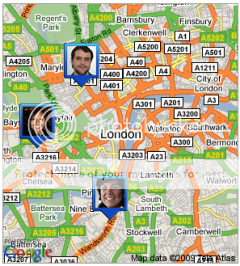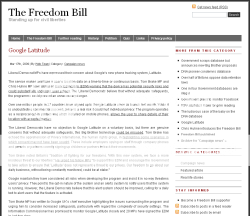I commented on an interesting blog post about young charity trustees a few weeks ago. By chance, I came across the post again today, and noticed that my comment wasn’t there – presumably swallowed by spam filters as it had quite a few links in it.
I still have it in my cache, so I thought I’d add an intro and re-post it here, so it gets to see the light of day 🙂
The age of charity trustees is a topic which comes up from time to time, particularly amongst those of us who work in youth volunteering charities.
For readers from the corporate world, it’s perhaps worth some quick background about trustees. The best analogy for a charity trustee is company director. As with companies, many charities (including my own) employ full-time staff, whose job and career it is to work for. We also employ a full time manager – in our case, a ‘Chief Officer’, who is responsible for running the organisation. In all operational respects, they are in charge.
Trustees are similar to company directors (except that we don’t get paid!). In the same way that corporate CEOs have to answer to a board of directors, a charity Chief Officer is responsible to a board of trustees. The trustees are responsible for strategy, for long-term planning, for direction. The trustees define where they want the organisation to go in broad terms, while it is the staff under the direction of a manager or Chief Officer who put in the hard work to make it actually happen.
Another analogy from my experience are schools. The headteacher is the boss for the day-to-day running of a school, but they have to answer to a board of governors, who are responsible for framing policy and setting direction.
(In reality, the line between what is operational and what is strategic can often be a little fuzzy, so it’s essential that a manager and the trustees work together in partnership.)
So the question that the original blog post was looking at was about who is suitable for such a role. Someone who can look at the big picture. Someone who can help create a vision for how the organisation could be, and help define the strategy and direction necessary to make that a reality. Someone mature enough to be responsible for the many legal obligations that come with trusteeship, such as responsibility for the finances.
And in particular, how old do you need to be to be suitable for such a position?
(more…)



